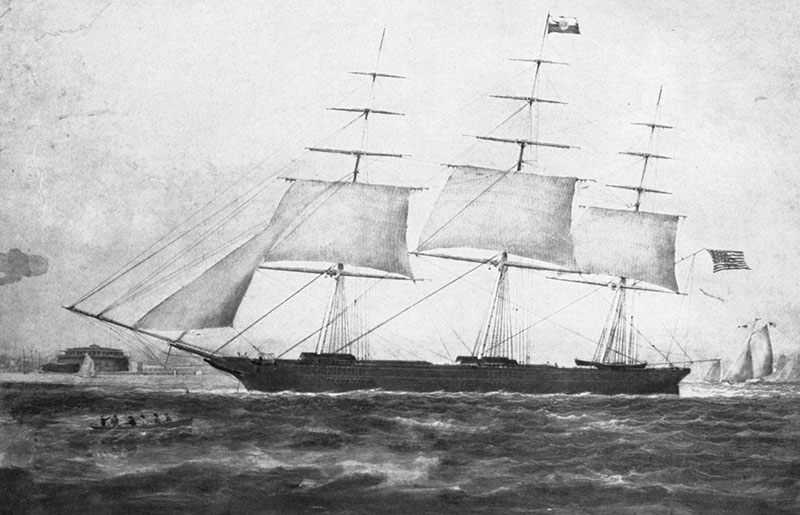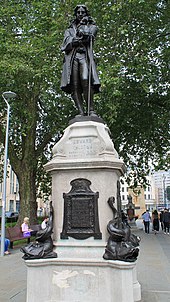While researching the early history of Boston, Massachusetts for my latest novel, Daughter of Anne-Hoeck, I found the first American-made ship. It was named The Desire. It was a slave ship. It probably looked like this one:

In 1637, the same year that Anne Hutchinson was brought to trial in Boston by the authorities, The Desire left Salem loaded with Native Americans who had been captured during the Pequot war. They were to be sold as slaves on the other side of the Atlantic ocean, far from their homeland. Seven months later, John Winthrop recorded in his journal that the Desire had returned from the West Indies, laden with items to sell: cotton, tobacco and Negroes.
Native Americans. Africans. For sale.
Why would someone name a slave ship “The Desire?” What did they desire? Riches. Domination. Unheeding of the cost to others. It seems to me that all injustices come down to two things: Money and power.
In a June 7, 2020 op-ed for the Washington Post, former U.S. Secretary of State Condoleezza Rice stated: ” Our country has a birth defect: Africans and Europeans came to this country together–but one group was in chains.” How do people justify enslaving people in order to enrich themselves? How do they live with it day to day and not see the wrong of it? How did they justify evil? I’ve asked myself these questions over and over.
The only conclusion I can reach is one thing. Pride. When one person says to another in action and in word: I am better than you. You are lower than me. Humankind’s biggest lie.
That attitude must be how the people who came to America to seek freedom for themselves justified taking away the freedoms of others: slaughtering and enslaving Native Americans and bringing people from Africa as slaves.
We are all witnesses to the raw pain of the last ten days. Our country has a way yet to go to rid ourselves from this original stain. The whole world has joined in, grappling with their own history of racism. In the headlines today, the statue of a slave trader in Bristol, England was pulled down, rolled to the river and, amid deafening cheers, dumped in. His likeness stands no more. What does that act say? Rejection of the wrongs of the past?

In the research I did the other day for a new manuscript I’ve begun, I learned that Bristol was a major port in the slave trade. Many abolitionists in England worked tirelessly to end slavery, seeking to educate the public on its evils. Their efforts led to the abolishment of the slave trade throughout the British empire, with legislation in 1807 and ending with the Slavery Abolition Act of 1833. Combined voices brought about change then, as it did when Abraham Lincoln’s efforts pushed Congress to pass the 13th Amendment, abolishing slavery in the United States of America. Yet we still struggle. There is so much pain and injustice. Native Americans were forced onto barren lands, still many of them without adequate water, government turning a blind eye to need. Inequities in the justice system and opportunities for education for many. This is wrong!
over the past two weeks it feels like major change could be happening. We see images of people at the protests coming together in understanding and compassion. These scenes make us weep and offers hope for a better future. Yet much more is needed. More than protests. More than legislation. Our Declaration of Independence clearly states: “…all men are created equal….” Equal opportunity. Equal respect. When will we act in every way to prove that truth? What will it take?
Every individual must look into what is in their own heart. Condoleezza Rice said: “The road to healing must begin with respectful but honest and deep conversations, not judgments, about who we were, who we are and who we want to become….We all have a role to play in moving our country forward, in ensuring that our democracy delivers not just for those who have but also for those who seek and for those in need.”
Healing will happen when people no longer say out of their own mistaken pride: “I am better than you. You are less than me.” It will happen when we all speak and act from this belief instead: “You and I are equal.”

Very well said! It’s sad that even a basic concept of humanity like this, that everyone of us should be able to get behind, falls victim to political polarization.
You are an amazing writer. What a great article. We are all equal and we need to respect others and their beliefs and act on a manner that we can also be respected. We need to be able to give our own opinion without being criticized and show the same respect to others. Can we just move forward and forgive and become a better country and world? Can we just be kind and get rid of pride? Can’t we just agree to disagree and get along?
That was great. I loved how well written it was. Thank you for your research and compassion.